AI designs proteins to help immune cells kill cancer more effectively
Scientists at the Technical University of Denmark have just announced a breakthrough in the field of immunology: Using artificial intelligence (AI) to design tiny proteins that help human T cells accurately recognize and destroy melanoma cells.
The team has created a molecular navigation system – like a “Google Maps” – that helps immune cells find their cancer targets. The system is based on entirely new AI-designed proteins that can attach to cancer cells like a key to a lock.
AI designs tiny proteins to treat disease. (Source: Sciencenews)
“ This is the first step towards personalised immunotherapies for cancer patients, ” said Professor Timothy Jenkins, who led the research. However, he stressed that the approach is still at an experimental stage and needs more animal studies before moving forward to clinical trials.
Experts expect that AI protein design technology will open up a new generation of drugs not only for cancer but also for many other diseases.
Giant Solar-Powered Drone Could Fly for Months
A special drone model with a wingspan longer than a Boeing 747 is attracting attention because it can fly continuously for weeks or even months thanks to solar energy.
The Spanish-American company Skydweller Aero recently conducted a series of test flights with a drone called Skydweller over the Gulf Coast (USA). With a wingspan of up to 72 meters, but weighing only about 2.5 tons - equal to a Ford F-150 pickup truck, Skydweller is considered a breakthrough in drone technology.
The Skydweller drone has a wingspan longer than a Boeing 747. (Source: Skydweller Aero)
Based on the Solar Impulse 2 prototype – which flew around the world using solar energy in 2016, Skydweller has been improved to be able to fly at an altitude of more than 13 km and operate entirely on renewable energy.
Skydweller is integrated with a maritime surveillance radar system from Thales (France), allowing tracking of suspected smuggling, pirate or warship vessels.
“We are aiming for permanent flight capability, ” said a Skydweller Aero representative.
The Skydweller drone was funded by the US military to test its ability to patrol and monitor the sea. Notably, it can carry a payload of up to 400 kg, much more than conventional solar-powered drones.
However, experts remain cautious. In the past, similar projects from Google, Facebook and Airbus have been canceled due to lack of commercial viability.
Sulfate salt discovery helps batteries last 10 times longer
A research team at King Abdullah University of Science and Technology, Saudi Arabia, has just announced a revolutionary discovery: Adding cheap sulfate salts such as zinc sulfate can help water batteries last 10 times longer.
According to a report published in the journal Science Advances, the main reason why aqueous batteries fail so quickly is because “free water” molecules cause a chemical reaction that destroys the cathode. When sulfate salts are added, the sulfate ions act as a “water glue,” helping to stabilize the water structure and prevent energy-consuming side reactions.
New research shows how sulfate and other salt ions reduce free water to improve battery life and performance. (Source: Heno Hwang)
“Water structure is a key factor in battery chemistry, but has been overlooked before, ” said Professor Husam Alshareef, Director of the KAUST Center for Renewable Energy and Storage Technologies. “ This discovery opens up new avenues for improving the performance of aqueous batteries.”
Not only effective with batteries using zinc cathodes, preliminary research shows that sulfate salts also have similar effects with other types of metal cathodes, promising to become a universal solution for the energy storage industry.
“ Sulphate salts are cheap, easy to find, and chemically stable. This is a scientific and economical solution,” stressed Dr. Yunpei Zhu, who conducted most of the experiments.
With aqueous batteries being seen as a safe and sustainable option for integrating renewable energy such as solar power into the grid, this discovery could be a game changer. The aqueous battery market is expected to surpass $10 billion by 2030.
Minh Hoan
Source: https://vtcnews.vn/cong-nghe-28-7-ai-thiet-ke-protein-nhu-google-maps-ky-vong-chua-tri-ung-thu-ar956634.html


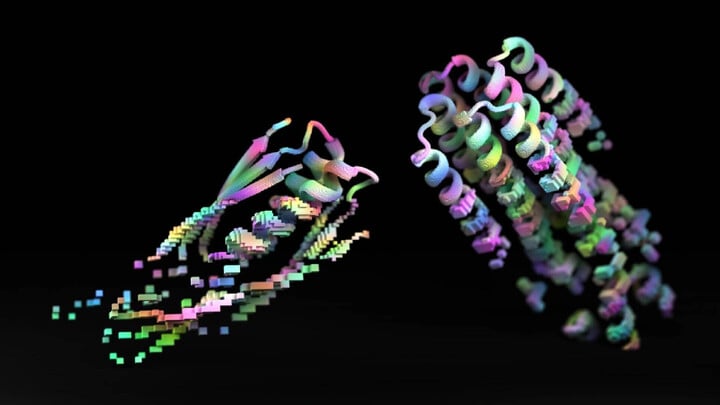
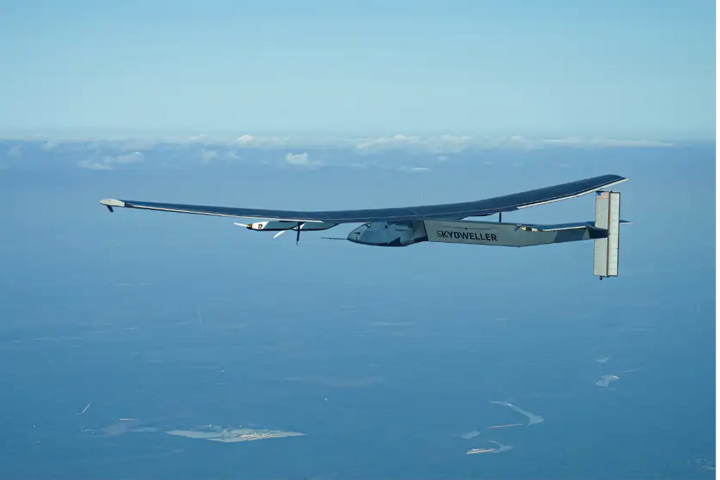
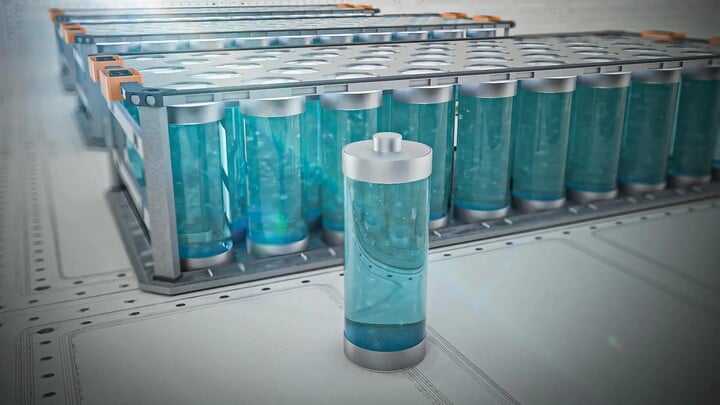

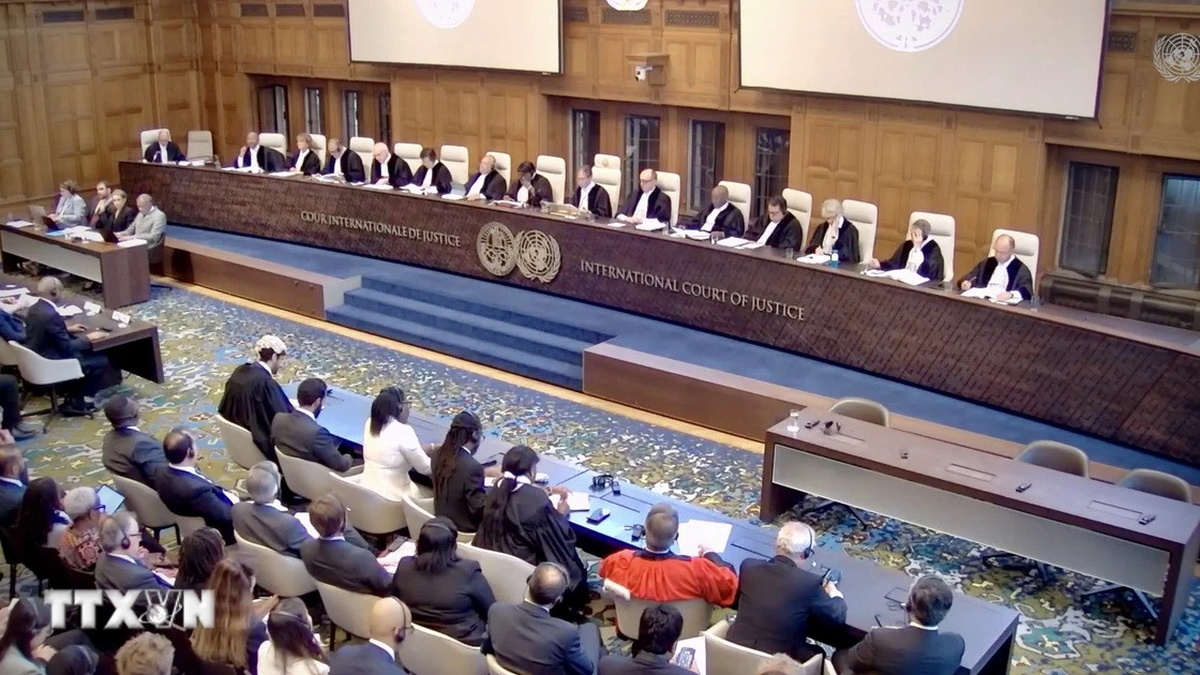

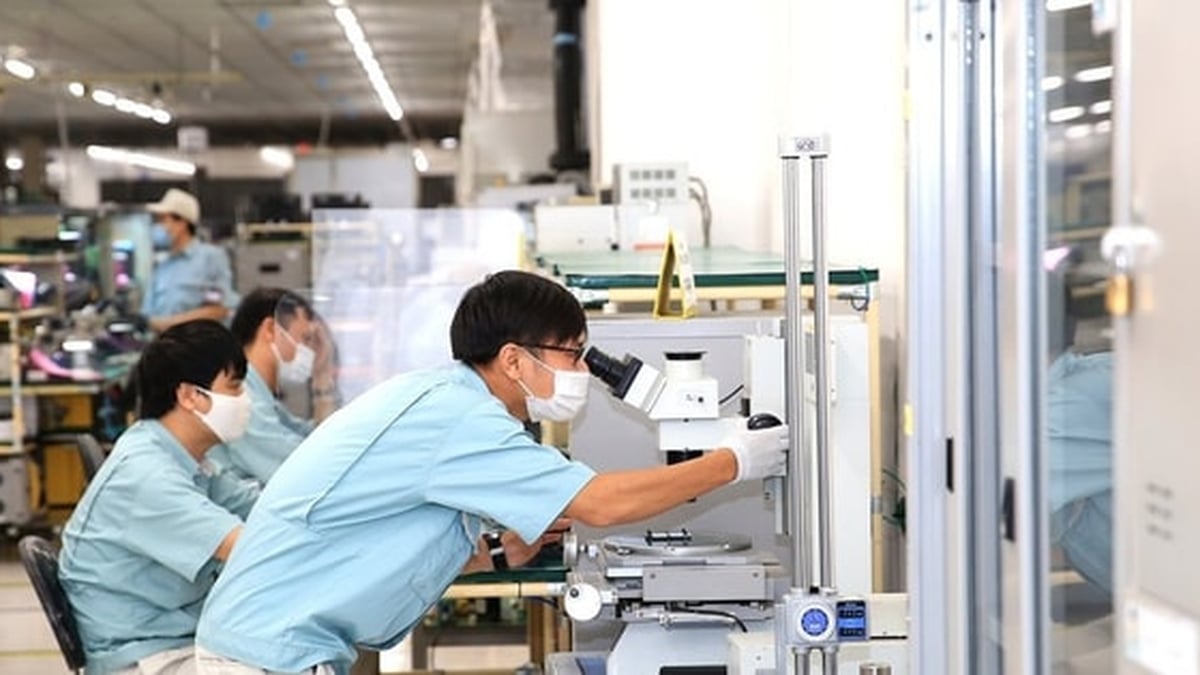



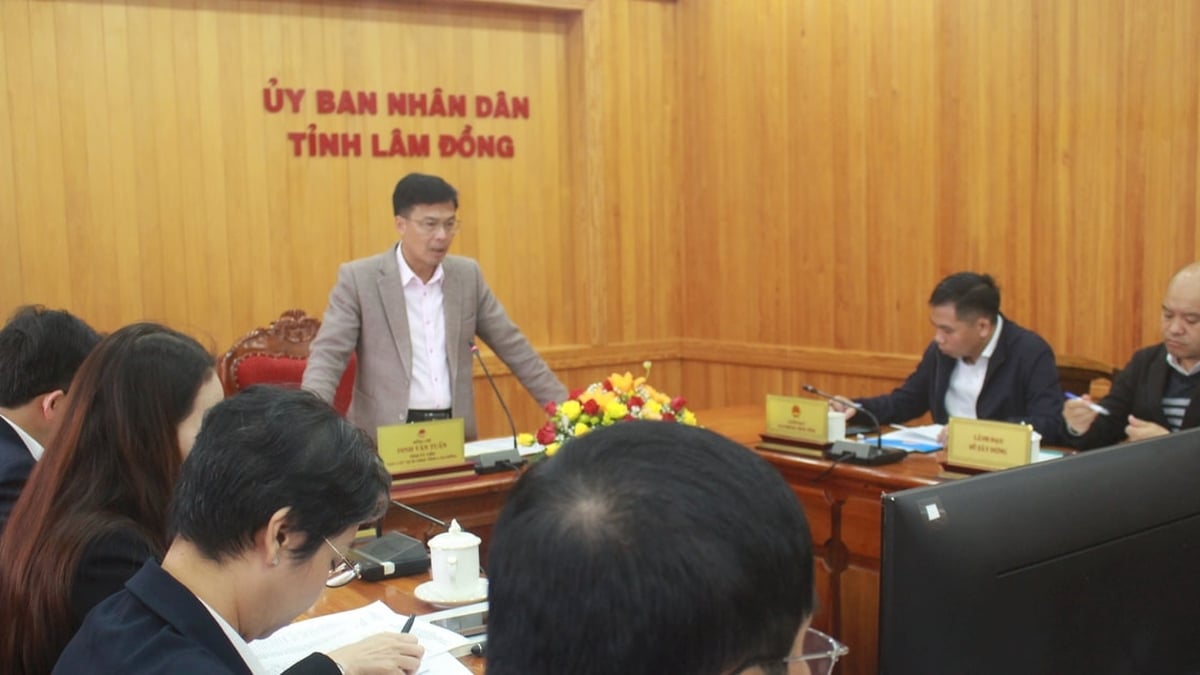

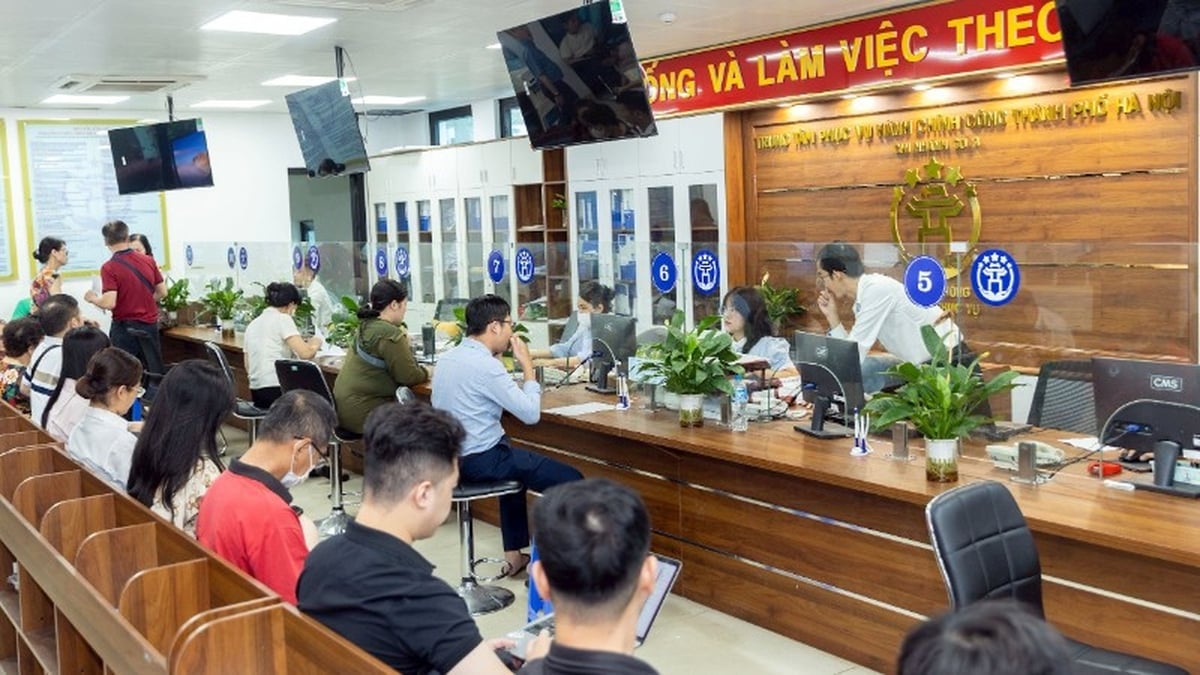
















![[Photo] National Assembly Chairman attends the seminar "Building and operating an international financial center and recommendations for Vietnam"](https://vphoto.vietnam.vn/thumb/1200x675/vietnam/resource/IMAGE/2025/7/28/76393436936e457db31ec84433289f72)

























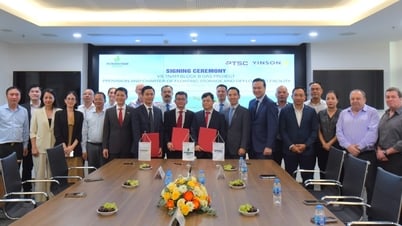















































Comment (0)